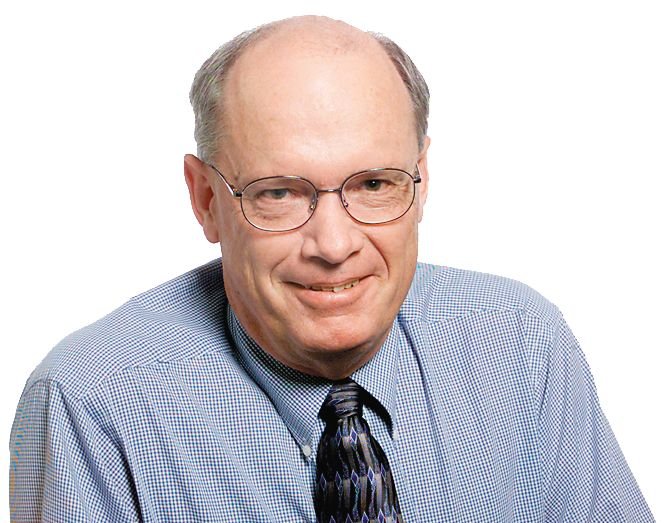Even before the man they called “Pops” rose to speak to the soldiers, they knew something was up. The age discrepancy had been obvious for a full week, our first week in boot camp. I had tried to hide the fact that I was 41. The other recruits didn’t know that I had enlisted in the Army for just one week, or that their leaders allowed me to do so as research for a seven-part series of columns I would write.
The drill sergeants knew about my scheme during that one week back in 1990, but they granted me no preferential treatment. The recruits weren’t told about my little project, but from the moment the Army clippers grazed my scalp, everyone I encountered at Fort Bliss in El Paso knew I was different, older than the norm. Some suspected I was an infiltrator from the command side, checking to see if boot camp was running properly.
At the end of the week, when I stood and revealed the real story of Pops, the soldiers hooted and roared with laughter, many insisting, “I knew exactly what was up!” If nothing else, I created the first fun they had known in a week. Even the drill sergeants chortled a bit.
I learned a lot during that one week, and ever since, Memorial Day has taken on a special meaning. Tomorrow, like other Americans, I will pause in the midst of a life of luxury to remember and honor those who have died to protect that way of life.
Every Memorial Day, I remember the difference between the real heroes I met two decades ago and the typing pretenders. Who among those Fort Bliss soldiers might have died later to preserve my America? I’ll probably never know, but I do know what unfolded in the ensuing years:
Six months after I last saw those trainees in 1990, the Persian Gulf War began and 147 U.S. lives were lost.
Eleven years after I left those soldiers, war began and continues today in Afghanistan, where more than 1,000 American lives have been lost.
And 13 years after I last saw them, war began in Iraq, where more than 4,300 U.S. lives have been lost.
Transcending generations
The editorial in tomorrow’s Columbian will include a list of major conflicts fought by our U.S. military, and the casualties that describe the cost of our freedom. Statistics are instructive, but they don’t fully explain the ultimate sacrifice paid by fallen heroes, and the loss suffered by their loved ones.
It occurs to me that some of the soldiers I met during our “Hell Week” were sons of Vietnam War veterans. Perhaps some of their fathers were among that conflict’s 47,424 U.S. battle deaths. For the soldiers I met in the presence of 1990, Vietnam defined the past, their fathers’ generation. What about the future that those recruits embraced? I wonder. If any of them chose to make the Army their career, some of them might be retiring along about now. It’s hard to imagine any of the false-bravado, peach-fuzzed kids I knew back then closing out 20-year military careers here in 2010. Some of them might even have sons or daughters entering the military, and now the young men I met back then must view American military life through the added perspective of a parent.
Back in 1990, a few weeks after Pops and the recruits had laughed so uproariously, I returned to the 56th Air Defense Artillery Brigade. I hardly recognized them. They stood taller. Confidence had replaced confusion. Bravado was pushed aside by poise. I spoke at their graduation ceremony and received a certificate as “honorary” (read “non”) graduate of Army basic training. That drew another round of derisive hoots and, for the last time, we all guffawed together.
I went on with my life of luxury. The 12-year-old daughter of 1990 became a mother of a granddaughter. The 5-year-old son became a band director. I moved from the desert to the forest, and a 40th anniversary dawns this morning. All along, I’ve known that my good fortune has been paid for by countless soldiers who were willing to die for none other than the likes of me.
This story of American valor reaches its zenith in battlefields around the world, but it is born in the bunks of boot camps. There — amidst the dark doubt that engulfs each raw recruit — is where our gratitude begins.
John Laird is The Columbian’s editorial page editor. His column of personal opinion appears each Sunday. Reach him at john.laird@columbian.com.



